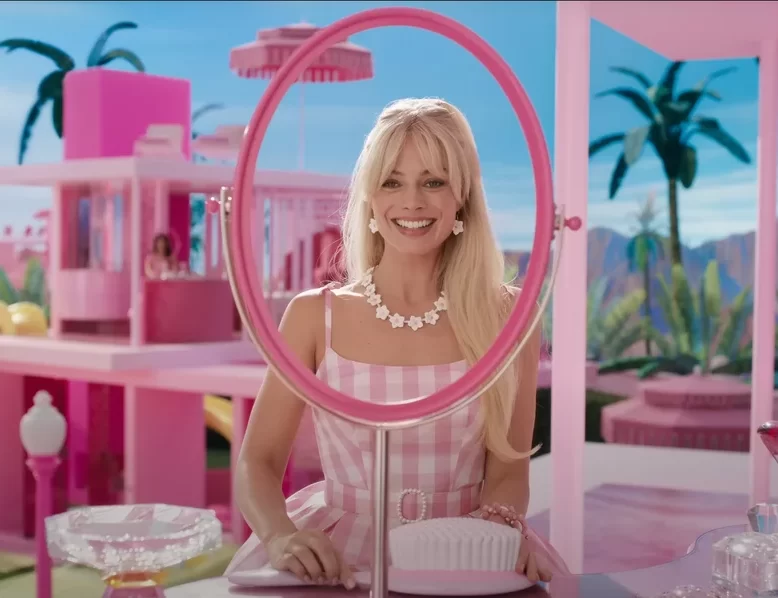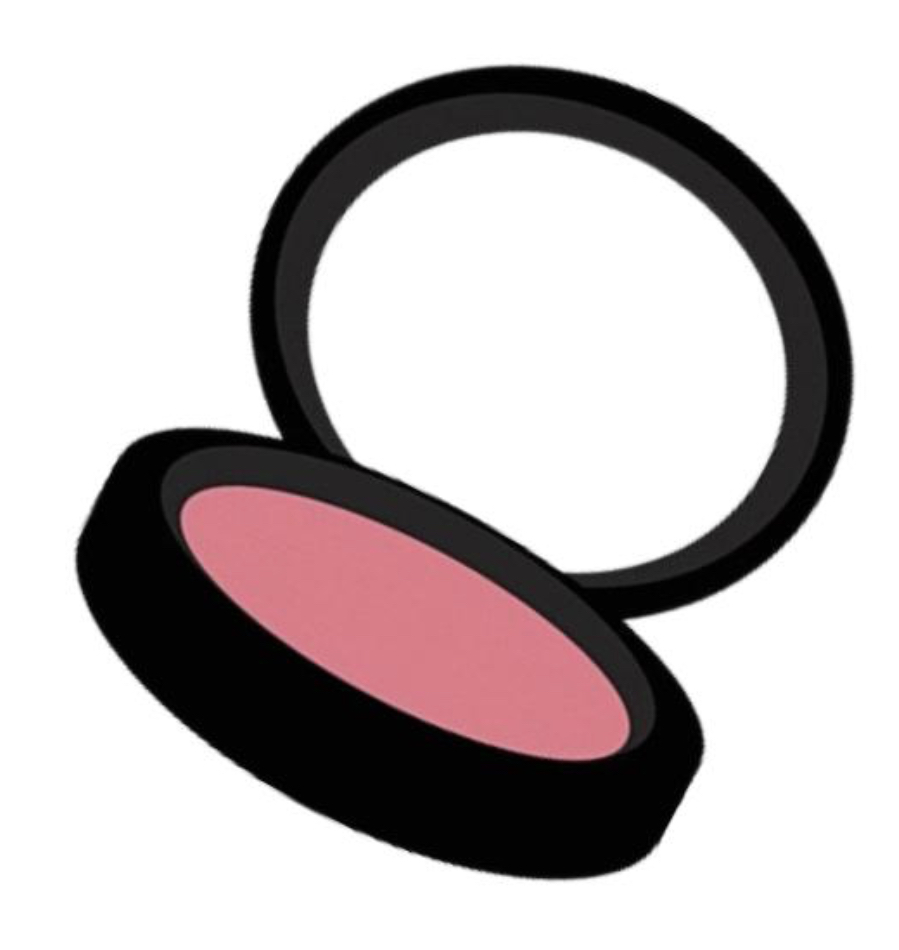As Margot Robbie and Barbie’s dreamhouse fills everyone’s screens, it also fills young women with sentiment. Seeing the plastic toy doll they once loved all grown up fighting her internal battles with the world just like they do, opened a door of emotions.
When I first saw the trailer for the Barbie movie, it honestly caught me off guard. There’s many Barbie shows and movies all following the same plot: Barbie’s glamorous life in her dreamhouse. But what intrigued me the most was one scene from the trailer where Barbie was dancing and said, “Do you ever think about death?”
The movie starts out with Barbie living her perfect life in Barbie Land in her pink bedazzled dreamhouse. Until it’s not perfect. After Barbie’s first thought about death, things start changing and it scares Barbie. She’s left helpless so she visits “weird Barbie”. She’s told the only way she can fix herself is to go to the Real World.
This movie touched so many people because Barbie is a character we all grew up watching or playing with, and now it was as if Barbie had grown up with the audience. Seeing Barbie go through the same struggles I do – made me feel seen.
An aspect I loved about this movie was every scene felt parallel to real life, and the satirical and clueless nature of Barbie made it entertaining. The movie channeled every emotion in you – laughter, tears, joy, and even anger.
Watching the movie it felt like I could add my own narrative in the plot. When Barbie arrives in the Real World and was taken aback by the environment, it felt how becoming a teenager feels like. One day you’re an elementary kid drawing rainbows, oblivious to the world, and the next you’re thrown into a whirlwind of drama, responsibilities, and standards to meet. You lose who you are with no guide to take you back home.
The roles reverse when Barbie and Ken make it to the Real World. Barbie experiences her first horrors of being a woman in the realities of society. She’s catcalled, sexually harassed, and stared at by random men, while Ken starts to feel in a place of power for the first time.
Their first experience in the Real World is when Barbieland turns into Kendom, or in my words: Barbieland turns into reality. This is when all the women, both Barbie and Human, work together to get back to Barbieland.
The most powerful part of the film for many is Gloria’s (played by America Ferrera) monologue on how it feels to be a woman. The 331 word speech perfectly summarized the complex nature of womanhood, expectations from society, and how no version of yourself you try to create for others will ever be good enough for the world.
In the end, Ken learns he doesn’t live for Barbie, he lives for himself. Barbie uncovers what it’s like to be a human and realizes she no longer wants to be everyone’s toy. While I mainly resonated with Barbie, I thought Ken’s ending was a well portrayed message of young women who feel their only purpose is to please men. Especially in teen girls, the opinions and views from boys can be a strong influence, but we have to remember who we’re truly living for: ourselves, and it will only ever be ourselves.
As a young teen girl fighting through adolescence, this movie felt precise in the message it was trying to portray. I felt like I was going through the struggles with Barbie, and her journey showed me that I can get through girlhood no matter what the world sees me as.







